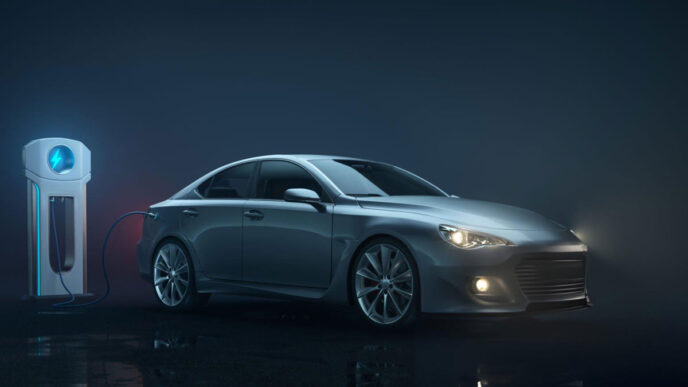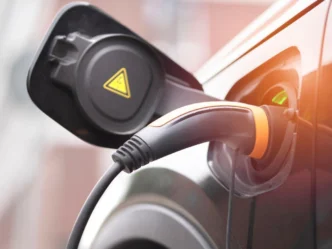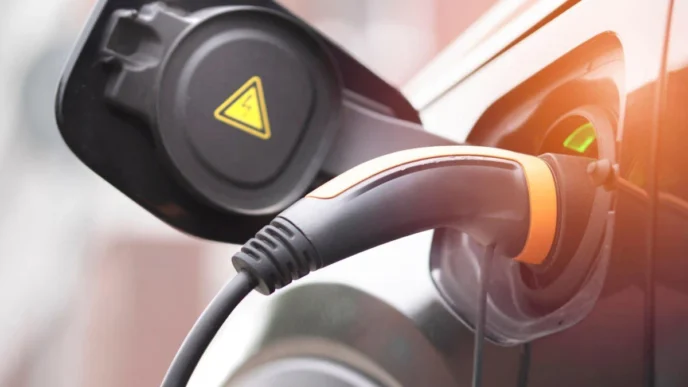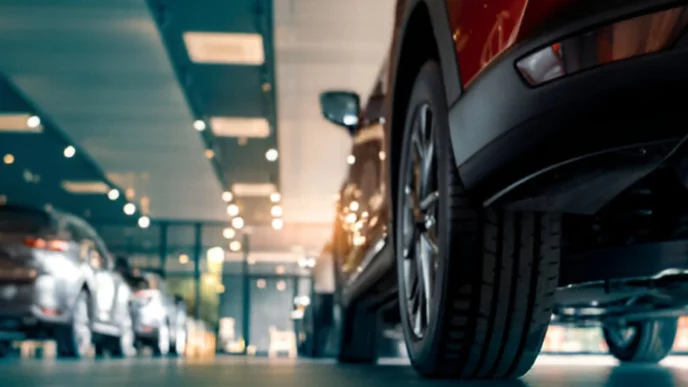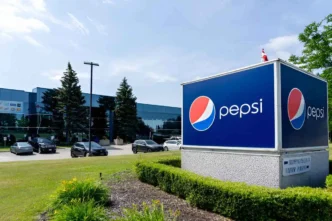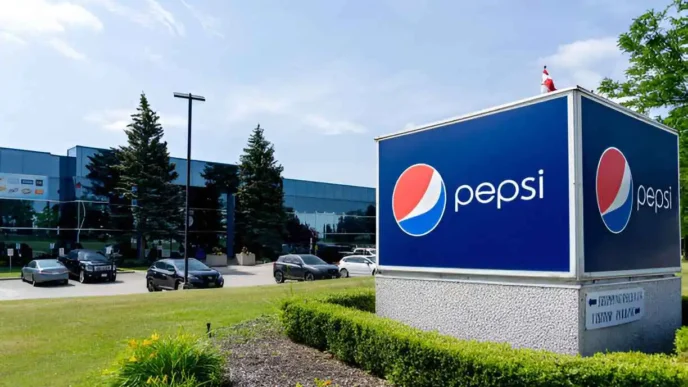Honda, one of the world’s leading automobile manufacturers, has issued a recall affecting nearly 295,000 vehicles, including both Honda and Acura models. The recall was prompted by a critical issue that could lead to engine stalling and power loss, posing a significant safety risk for drivers and passengers. In this blog, we will explore the details of the recall, the affected models, potential risks, and what Honda owners need to do to ensure their safety.
Details of the Honda Recall
The recall involves approximately 295,000 Honda and Acura vehicles due to concerns about a defective part that may cause unexpected engine stalling. According to the National Highway Traffic Safety Administration (NHTSA), the issue stems from a manufacturing defect that can lead to engine failure while the vehicle is in motion. This poses a serious hazard, especially when driving at high speeds or in traffic.
Honda has officially notified the NHTSA and has begun reaching out to affected customers. The company is offering free repairs to resolve the issue and ensure the safety of its customers.
Which Honda and Acura Models Are Affected?
The recall covers a wide range of Honda and Acura models from recent years. Some of the most notable models included in the recall are:
- Honda CR-V (Certain models from 2017-2020)
- Honda Accord (Certain models from 2018-2020)
- Honda Civic (Certain models from 2016-2020)
- Honda HR-V (Certain models from 2019-2020)
- Acura RDX (Certain models from 2019-2020)
- Acura TLX (Certain models from 2018-2020)
If you own one of these vehicles, it is crucial to check whether your car is part of the recall by contacting your local Honda or Acura dealer or visiting the NHTSA’s recall website.
Potential Risks and Safety Concerns
Engine stalling and power loss are serious safety concerns that can put drivers, passengers, and other road users at risk. Some of the potential dangers associated with this issue include:
- Sudden Engine Failure: A vehicle that stalls unexpectedly in the middle of the road can increase the risk of accidents, especially on highways or in busy traffic.
- Loss of Power Steering and Brakes: When an engine stalls, the vehicle loses power steering and braking assistance, making it harder for drivers to control the car.
- Increased Risk of Collisions: Vehicles that suddenly lose power may not be able to accelerate away from danger or react quickly to other traffic situations.
- Possible Fire Hazard: In some cases, engine-related defects can lead to overheating and even fire hazards, though Honda has not reported any fire-related incidents yet.
What Should Affected Honda and Acura Owners Do?
If your vehicle is included in the recall, it is essential to take immediate action to ensure your safety. Here’s what you should do:
- Check Your VIN (Vehicle Identification Number): Honda and Acura owners can enter their VIN on the official Honda recall website or the NHTSA’s website to confirm if their vehicle is affected.
- Contact a Honda or Acura Dealer: If your vehicle is part of the recall, schedule an appointment with an authorized dealer as soon as possible. Honda will provide free repairs to fix the defective component.
- Avoid Driving If Necessary: If you experience any signs of engine failure, such as sudden stalling or power loss, it may be best to avoid driving until repairs are made.
- Stay Informed: Honda and the NHTSA will continue to provide updates on the recall. Make sure to stay updated on any new developments regarding your vehicle.
Honda’s Response and Commitment to Safety
Honda has emphasized its commitment to customer safety and has taken immediate steps to address the issue. The company has assured customers that they will repair all affected vehicles free of charge. Additionally, Honda is working closely with dealerships to ensure that replacement parts and repairs are conducted efficiently to minimize inconvenience for customers.
Honda’s recall is part of the company’s broader effort to maintain its reputation for safety and reliability. While recalls can be concerning for vehicle owners, they also demonstrate the manufacturer’s willingness to acknowledge and rectify safety issues before they lead to major accidents or fatalities.
The Importance of Vehicle Recalls
Vehicle recalls are a common occurrence in the automotive industry and play a crucial role in ensuring road safety. Manufacturers recall vehicles for various reasons, including mechanical defects, safety risks, and compliance issues. Some key points to consider about recalls include:
- Recalls Are Free: Manufacturers are legally required to fix recall-related defects at no cost to the vehicle owner.
- They Prevent Accidents: Addressing safety issues early can prevent accidents, injuries, and even fatalities.
- They Maintain Vehicle Value:Repairing a recalled vehicle ensures it remains in good condition, preserving its resale value.
- They Demonstrate Manufacturer Accountability: Recalls show that companies are taking responsibility for product defects and prioritizing customer safety.
Conclusion
The recent Honda recall of nearly 295,000 vehicles highlights the importance of vehicle safety and manufacturer accountability. While the recall may be inconvenient for affected owners, taking prompt action to get the necessary repairs is crucial for preventing accidents and ensuring road safety.
If you own a Honda or Acura vehicle, take the necessary steps to check whether your car is affected, schedule repairs, and stay informed. Safety should always be a top priority when it comes to driving, and Honda’s swift response to this issue reflects its commitment to keeping its customers safe.
For more details, visit Honda’s official website or check with the NHTSA to stay updated on any new developments regarding this recall.





